
For Neuro Staff
Find news, calendar events, operating info, as well as information and tools to help you perform day-to-day tasks more efficiently. Log in with your KI ID and find tailored information based on your organisational affiliation, as well as updates about what is going on at the university.
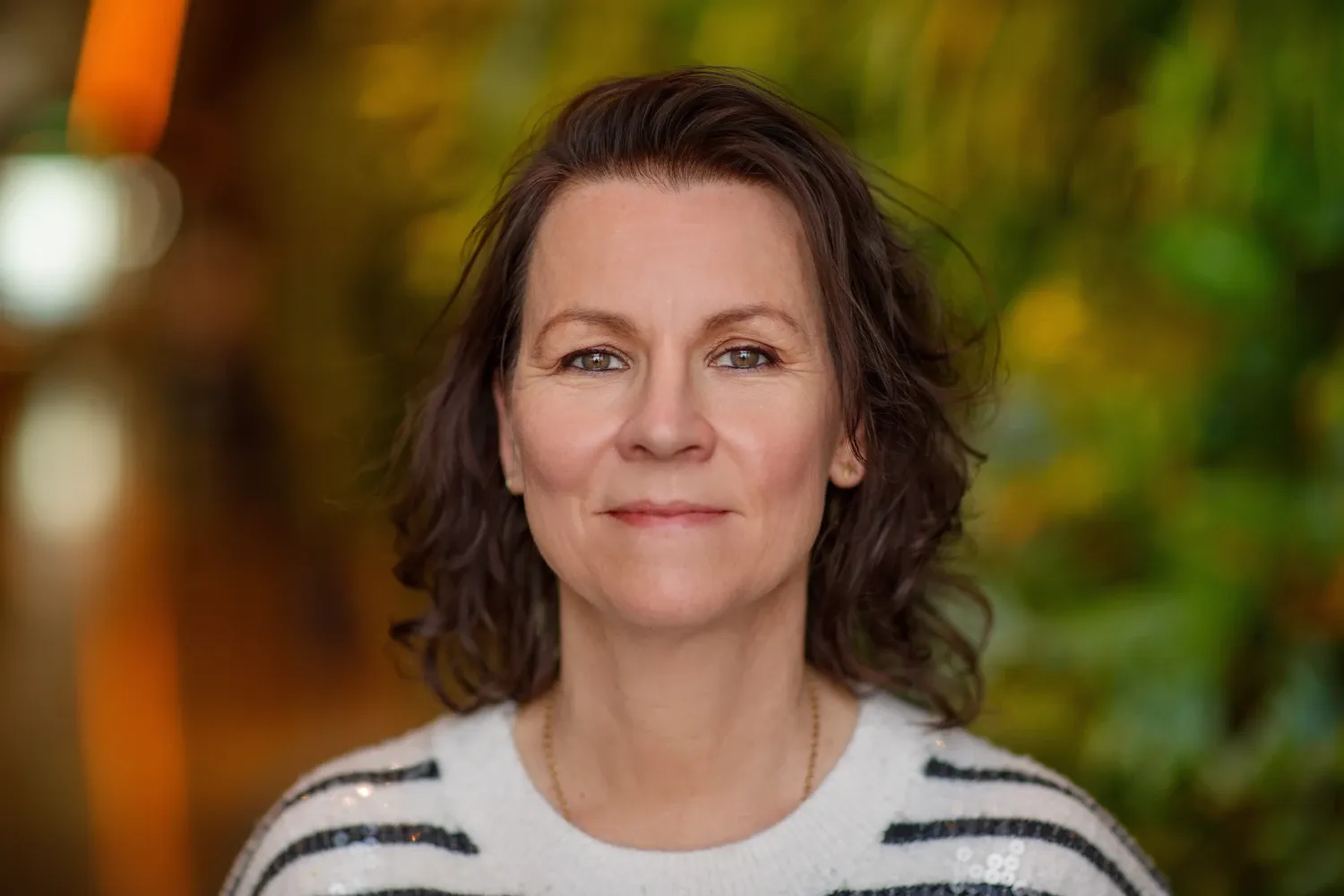 Photo: Magnus Bergström,KAW
Photo: Magnus Bergström,KAWMarie Carlén new Head of the Department of Neuroscience
Marie Carlén has been named the new Head of the Department of Neuroscience. The formal decision, signed on 3 November 2025 by Dean of Solna Campus, Sten Linnarsson, in consultation with the President of Karolinska Institutet, confirms that she will succeed Gilberto Fisone in this role as of 1 January 2026. Her tenure as Head of Department is set for an initial period of five years.
Useful links
 Photo: Gerd Altmann/Pixabay CC0
Photo: Gerd Altmann/Pixabay CC0Economy/finance
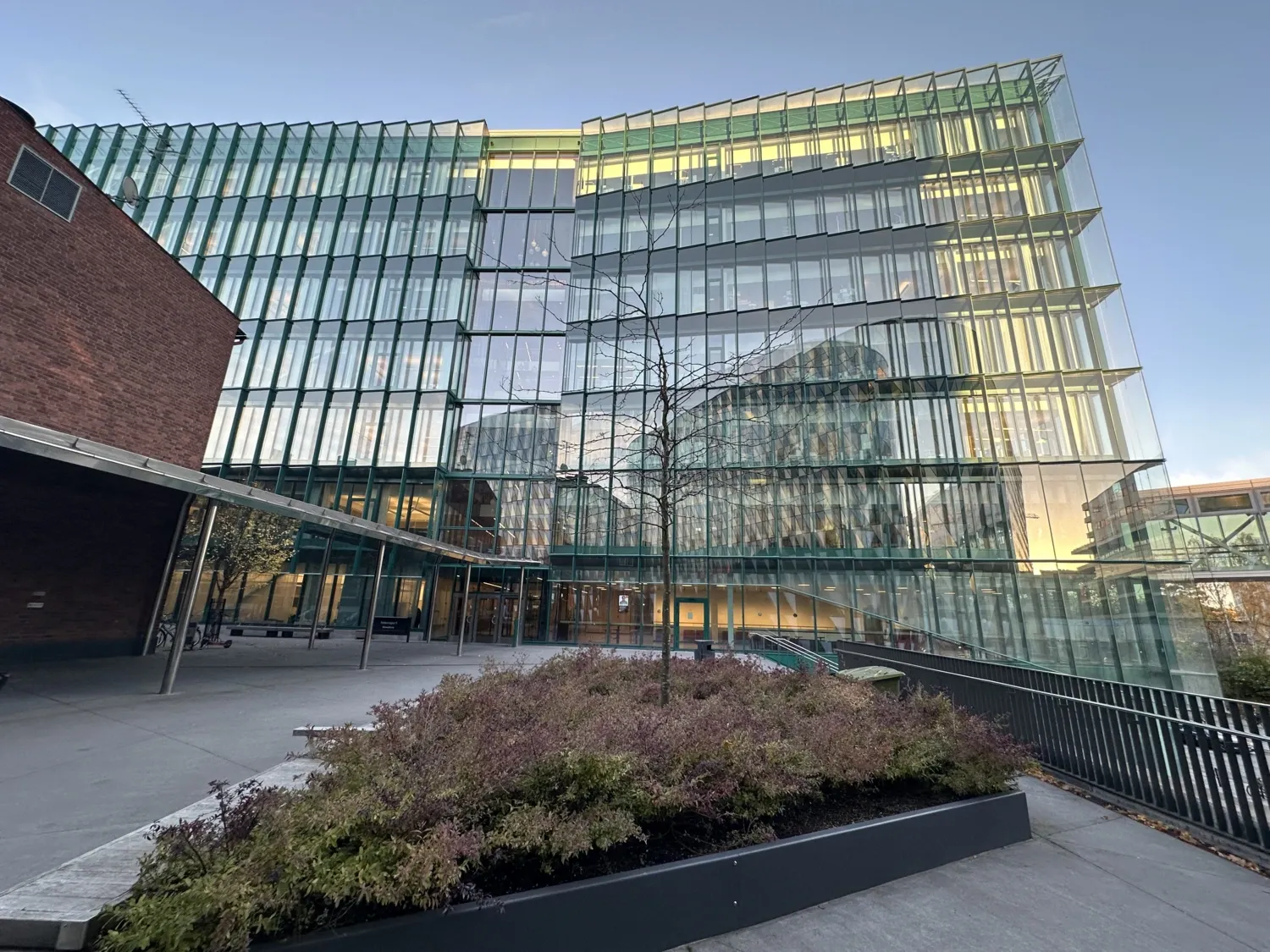 Photo: Lotte Brandt
Photo: Lotte BrandtBiomedicum - for staff
Information, news and events for staff and affiliates working in the building.
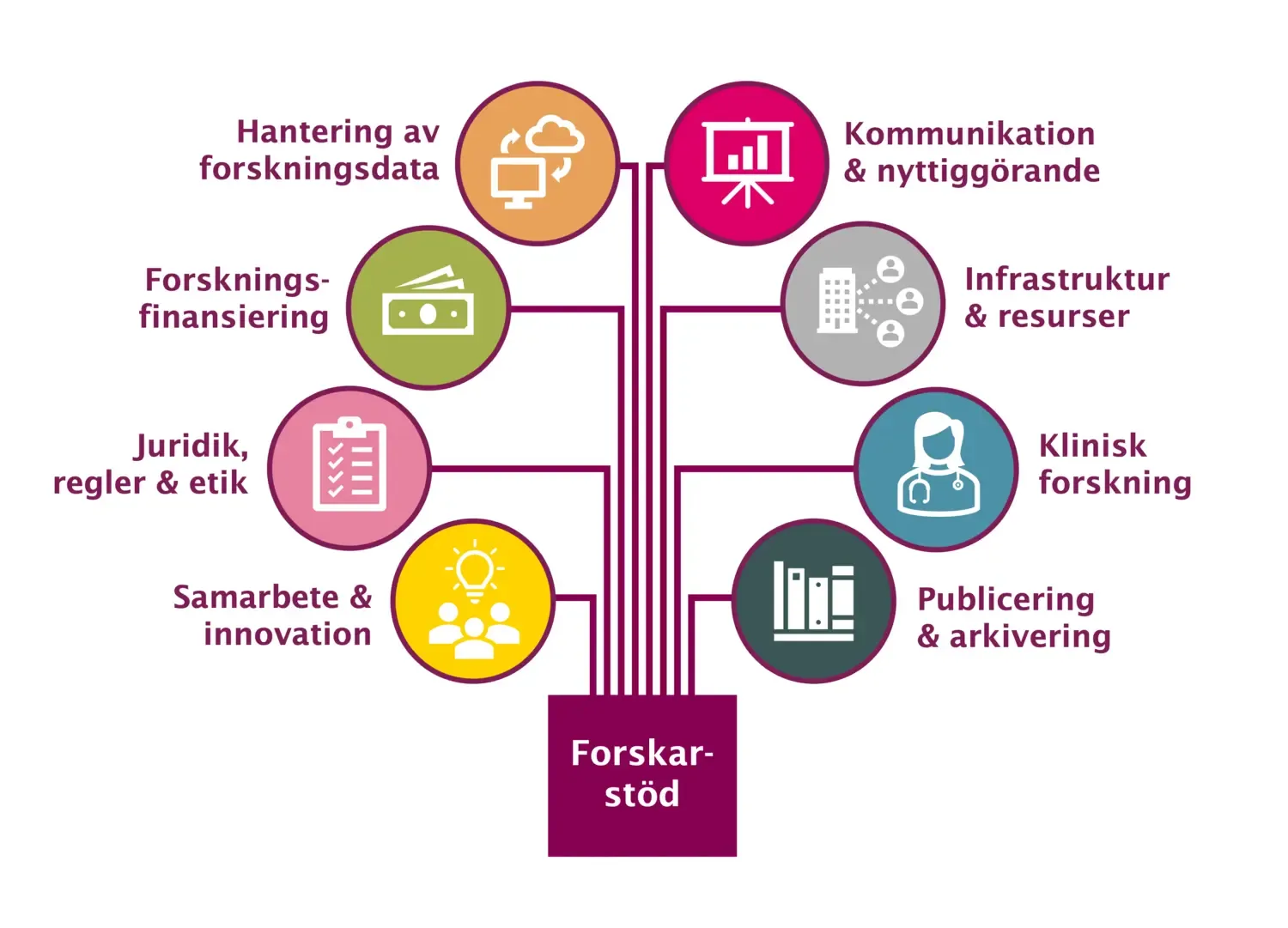 Photo: GettyImages
Photo: GettyImages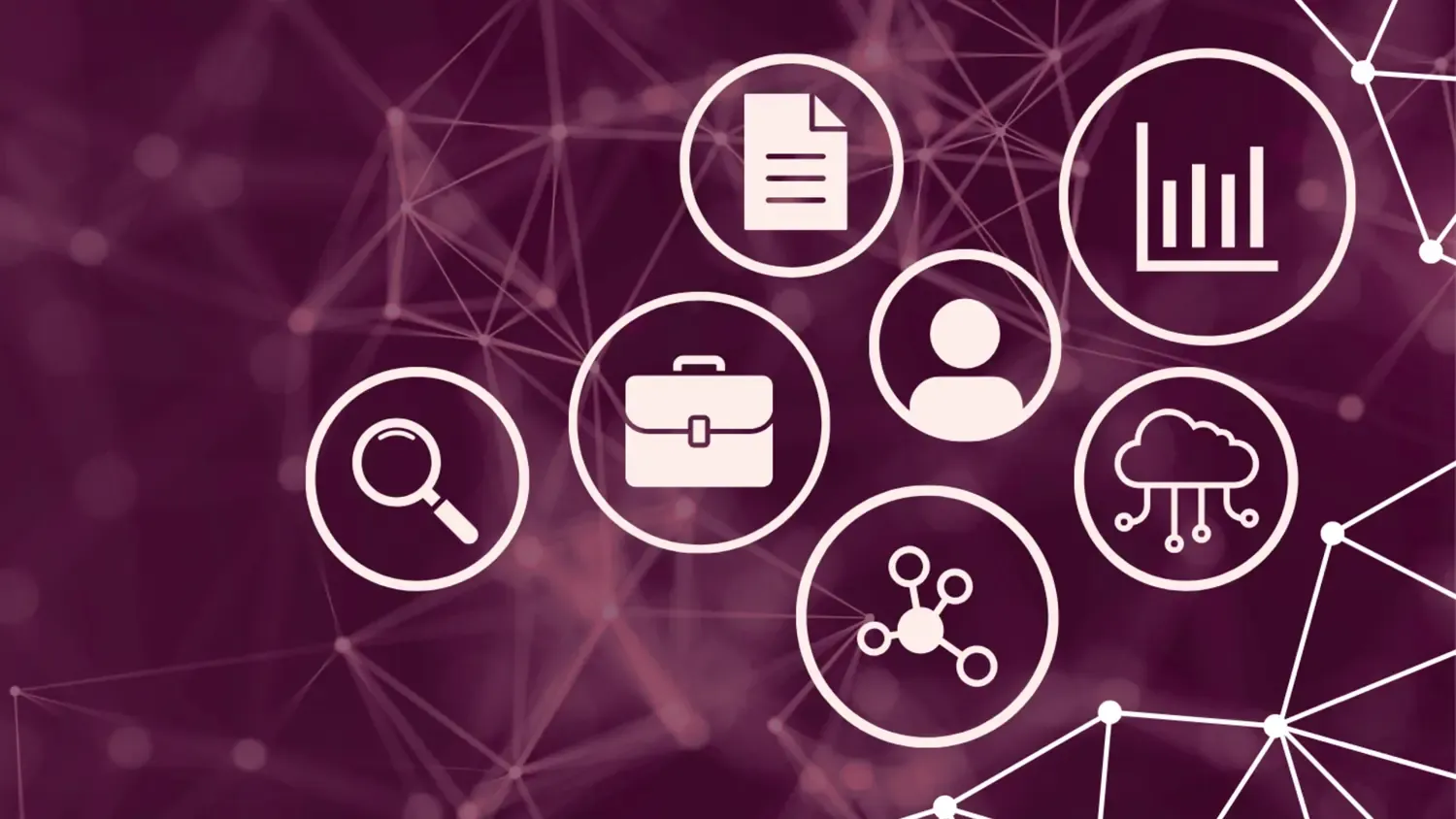 Photo: N/A
Photo: N/AKI RIMS - manage your research information
 Photo: Pixabay.
Photo: Pixabay.For persons involved in education
 Photo: GettyImages.
Photo: GettyImages.Contact the administration at NEURO
The administration at the Department of Neuroscience offers services in finance, human resources, doctoral education and communication.
Latest news and operational info
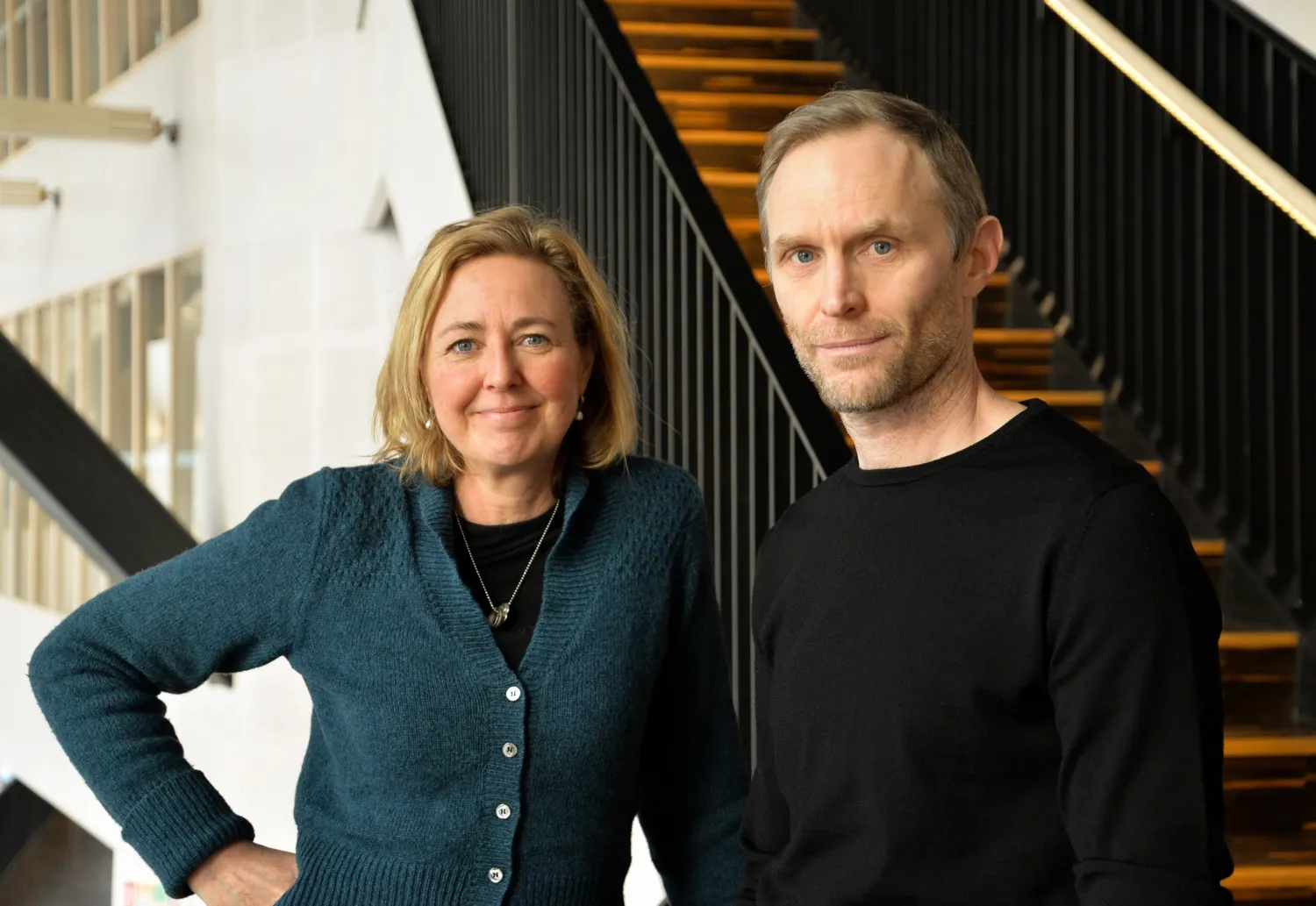 Photo: Andreas Andersson
Photo: Andreas AnderssonMedicinvetarna #140: Can you stop a bleed?
The increase in gun violence and Sweden's changing security situation has prompted researcher Mattias Günther and his team to reorient their research. He tells us how to reduce deaths from severe bleeding - and how best to protect yourself. Listen to the interview in episode #140 (in Swedish).
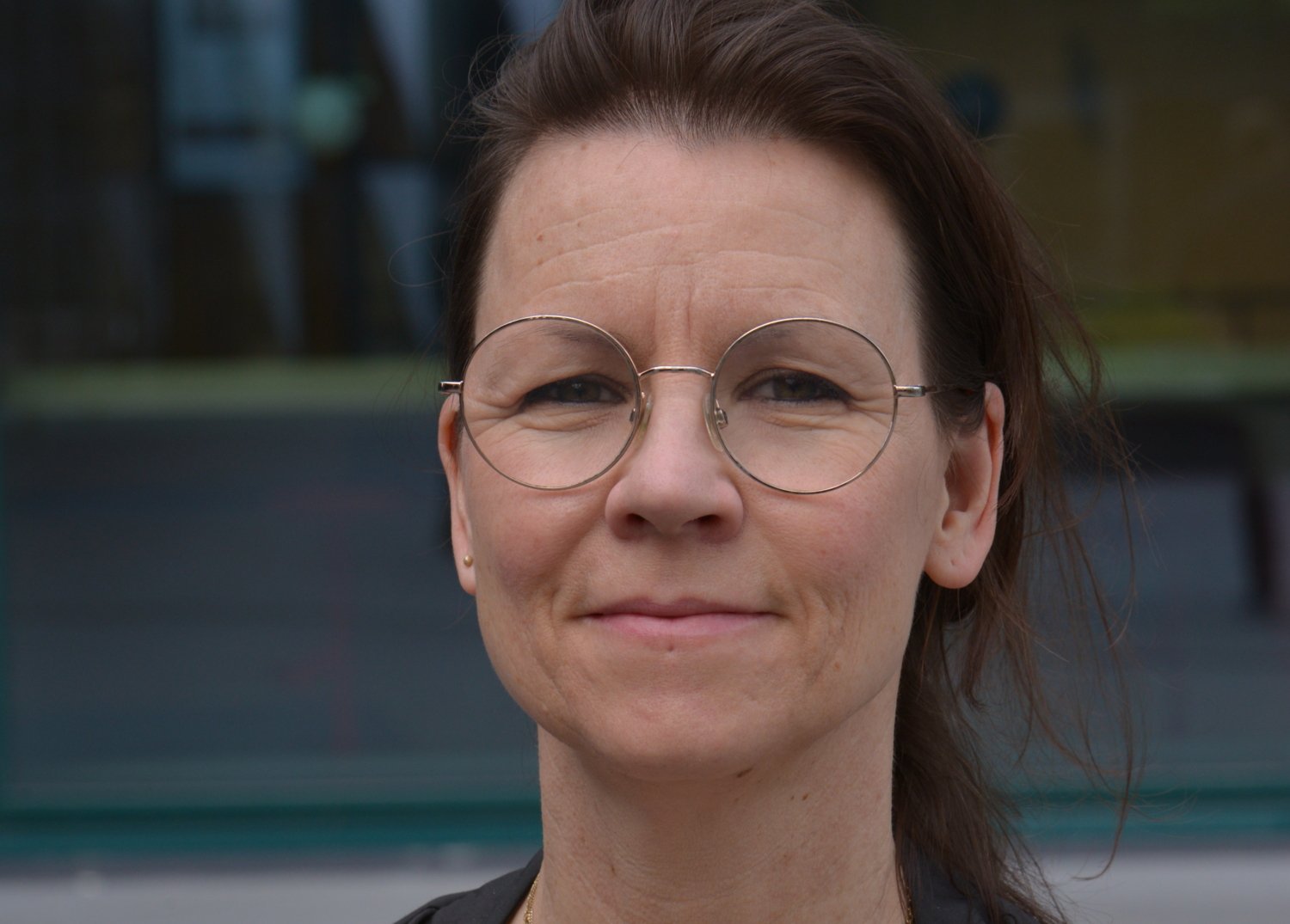 Photo: Andreas Andersson
Photo: Andreas AnderssonStudying neuronal activity in real-time
The prefrontal cortex is the centre for advanced cerebral function – it is here our impressions of the world are formed, plans forged and decisions made. By studying the real-time activity of neurons, Marie Carlén maps the functions of the prefrontal cortex.
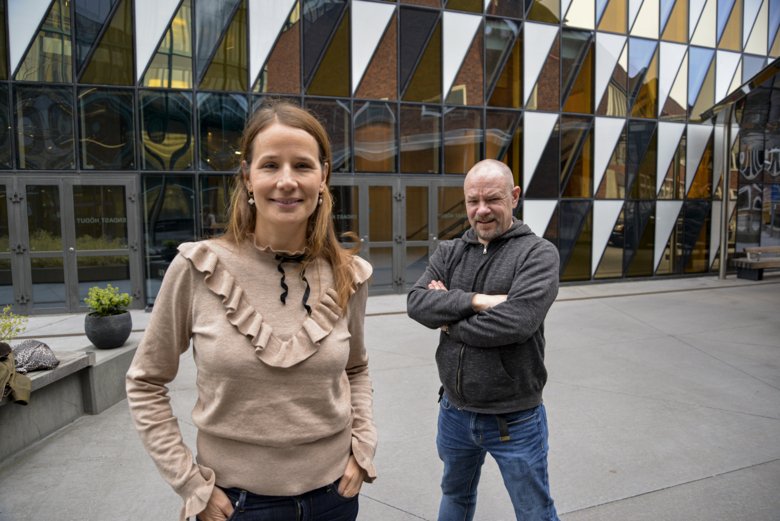 Photo: Cecilia Odlind
Photo: Cecilia OdlindMedicinvetarna #82: Why do we get headaches?
Many of us get headaches from time to time, without it causing too much trouble. But for those who suffer from migraines, or worse, from cluster headaches, it may imply severe disability. Andrea Carmine Belin's research focuses on the genetics behind cluster headaches, a condition sometimes referred to as "suicide headache".
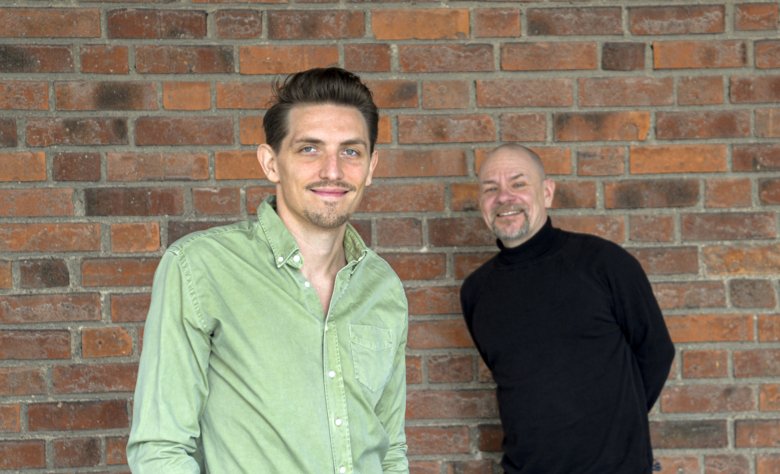 Photo: Cecilia Odlind
Photo: Cecilia OdlindMedicinvetarna #67: What can we learn from the Neanderthals?
Hugo Zeberg's research focuses on different gene variants, inherited from the Neanderthal, and how they affect fertility and the risk of being infected by various diseases. Listen to episode #67 of Medicinvetarna to find out more (in Swedish).
He also answers the question whether humans have developed genetically at all since the Stone Age, in episode #76.


